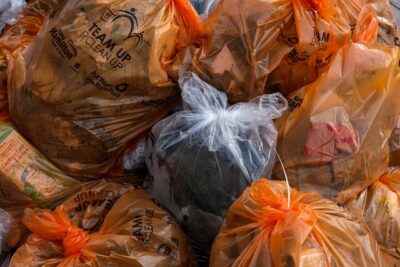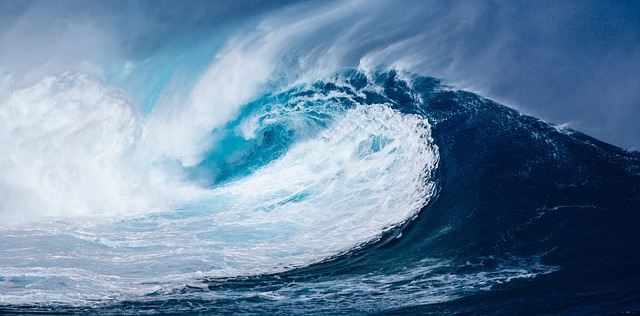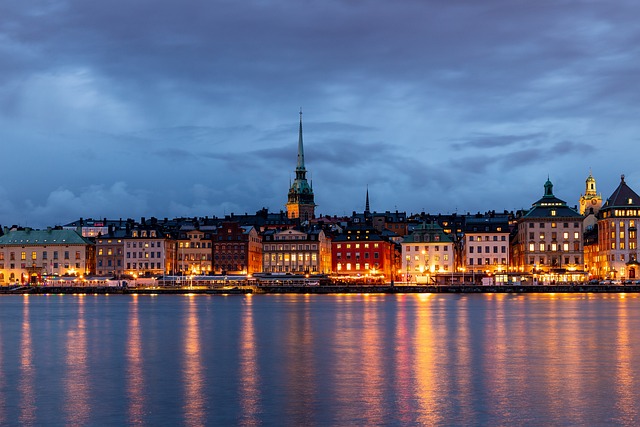 Several Western countries have now banned plastic bags. In fact they are not actually banned, but only in certain specific contexts. It is not allowed to sell them over the counter, with the intention of packing goods in them for home transport. It is also not allowed to use so-called organic plastic bags made from other materials.
Several Western countries have now banned plastic bags. In fact they are not actually banned, but only in certain specific contexts. It is not allowed to sell them over the counter, with the intention of packing goods in them for home transport. It is also not allowed to use so-called organic plastic bags made from other materials.
However, ordinary plastic bags can still be sold in rolls, in other contexts, to be used for garbage etc. There are also a number of exceptions, for example if there are sanitary reasons, such as when packing meat or vegetables, then plastic bags can often be used.
Plastic bag restrictions vary from country to country, so I won’t go into specific details.
But what exactly prompted this strange law with so many weird exceptions? I must have missed the political debate around the ban. Were there any opponents? Will there be a follow-up on the effectiveness of the law?
For me, it is mostly a question of the fact that I now have to buy plastic bags for the rubbish, instead of using the ones I get in the shops. So, it all seems a bit pointless. Almost like I’m consuming more plastic bags.
The reason is said to be environmental. Although, it would be interesting to have a more specific reason of course, and often people talk about plastic bags ending up in the sea.
It’s quite hard for me to understand, I’ve probably never thrown a plastic bag into the sea in my life, and I’ve never seen anyone do it either. No, most people agree with me on this; the plastic bags just end up in the waves.
On closer inspection, some countries in the south are responsible for the pollution, and in particular the Philippines is said to be responsible for the largest proportion of plastic bags that end up in the sea. A country on the other side of the world. And I suppose even then it is not a question of Filipino citizens handily throwing plastic bags into the sea, it is a question of their waste management. Waste management that can, of course, be remedied.
Most western countries have a waste management system that involves sorting their rubbish, much of it is recycled or incinerated in modern plants, and very little ends up in the environment. The Philippines and similar countries could of course invest in building similar facilities, and then we would probably not have plastic bags ending up in the sea.
Perhaps the ban on plastic bags in supermarkets is more a kind of symbolic politics? Symbol politics is when the law itself is not the most important thing, but when something is done, when action is taken.
With the risk that public confidence in politicians and legislation will be radically reduced. Most people understand that such laws are a waste of time. And they also realise that it is often not even the local politicians who initiated them, but that it comes from above, from the EU or the UN etc. Often similar laws are passed simultaneously in many different countries, as if by magic, and just as often the debate and opposition are conspicuous by their absence.
It is only querulants, misfits and old men who oppose it. There is a lot of mumbling, but no one stands up and tells us that the emperor is naked. We have got used to it. We know that politics is a playground populated by ignorant people, and that any questioning would be ignored and made a mockery of. Perhaps one would even be called a denier, a phobic, or something similar. Best to keep quiet.
We’ve gotten used to it.







